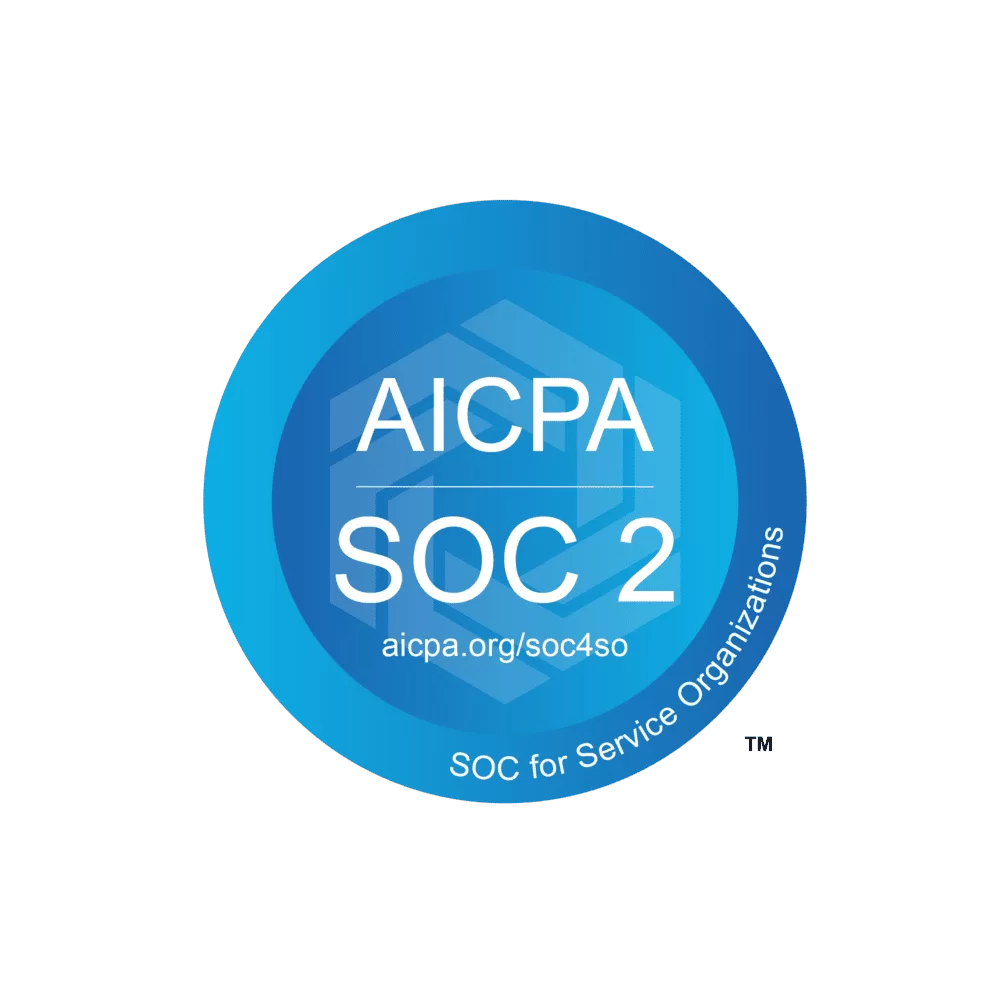Overview of the Salesforce Ecosystem
Salesforce, as a leading CRM platform, offers a vast and dynamic ecosystem that businesses rely on for managing customer relationships, sales processes, and marketing activities. Its expansive nature requires diligent attention to security.
The Importance of Robust Security in Salesforce
In a platform as data-centric as Salesforce, robust security is not just a necessity; it's imperative. Ensuring the integrity, confidentiality, and availability of data within Salesforce is crucial for maintaining trust and compliance.
Understanding Salesforce Security Framework
Key Features of Salesforce’s Built-in Security
Salesforce provides a robust security framework that includes user authentication, access control, data encryption, and activity auditing. These features form the foundation of Salesforce’s approach to safeguarding customer data and applications.
Common Security Challenges in Salesforce Environments
Despite its strong security features, Salesforce environments can face challenges like access control complexities, phishing attacks, and data breaches. These challenges often arise from misconfigurations, inadequate user training, or external threats.
The Need for Enhanced Security Measures
To address these challenges, enhanced security measures that go beyond the built-in features are necessary. These measures should be tailored to the specific needs of the organization and adapt to the evolving threat landscape.
Integrative Approaches to Salesforce Security
Implementing Layered Security Strategies
Adopt a layered security approach in Salesforce by combining Salesforce’s inherent security features with additional protective measures. This approach might include advanced user authentication, more granular access controls, and custom security policies.
Leveraging Salesforce Security Tools and Features
Maximize the use of Salesforce’s built-in security tools and features. Utilize its comprehensive access management, encryption options, and audit trails to strengthen the overall security of the Salesforce environment.
Integrating Third-Party Security Solutions
Integrate third-party security solutions that complement Salesforce’s native capabilities. These can include advanced threat detection tools, data loss prevention systems, and enhanced encryption technologies.
Advanced Technologies for Salesforce Security
Utilizing AI and Machine Learning for Threat Detection
Employ AI and machine learning technologies to detect and predict security threats in the Salesforce ecosystem. These technologies can analyze patterns, detect anomalies, and provide proactive security alerts.
The Role of Data Encryption and Tokenization
Implement data encryption and tokenization to protect sensitive information within Salesforce. These technologies ensure that data is secure both at rest and in transit, safeguarding against unauthorized access and breaches.
Leveraging Cloud Access Security Brokers (CASBs)
Use Cloud Access Security Brokers (CASBs) to provide an additional layer of security. CASBs can monitor data movement, enforce security policies, and offer visibility into cloud-based activities in Salesforce.
Best Practices for Maintaining Salesforce Security
Regular Audits and Compliance Checks
Conduct regular security audits and compliance checks to ensure that Salesforce configurations and usage adhere to the best security practices and regulatory requirements.
User Training and Awareness Programs
Invest in regular training and awareness programs for users. Educate them about potential security risks, best practices for secure usage, and the importance of adhering to security policies.
Continuously Monitoring and Updating Security Protocols
Maintain continuous monitoring of the Salesforce environment and regularly update security protocols to address new threats and vulnerabilities. This includes revising access controls, updating security patches, and reviewing third-party integrations.
Recap of Strategies for Enhancing Salesforce Security
Throughout this blog post, we have explored various strategies to enhance security in the Salesforce ecosystem. From leveraging Salesforce's built-in security features and implementing layered security strategies to integrating advanced technologies and maintaining best practices, these measures collectively contribute to a robust security posture.
The Critical Role of Integrated Security Approaches
The integration of multiple security approaches and technologies is critical in the Salesforce environment. It ensures a comprehensive defense against a wide range of potential threats and vulnerabilities, thereby safeguarding valuable data and customer trust.
Final Thoughts on Staying Ahead in Salesforce Security
In conclusion, staying ahead in Salesforce security requires a commitment to continuous improvement, adaptability, and proactive measures. Organizations should remain vigilant, leverage evolving technologies, and foster a strong culture of security awareness to effectively protect their Salesforce ecosystem.
FAQs
What are the essential security features in Salesforce?
- Essential security features in Salesforce include user authentication, access controls, data encryption, and activity auditing, all designed to protect data and applications.
How can AI enhance security in the Salesforce ecosystem?
- AI can enhance security in Salesforce by providing advanced threat detection, anomaly analysis, and predictive insights, leading to more proactive security management.
What is the importance of data encryption in Salesforce?
- Data encryption is crucial in Salesforce to protect sensitive information from unauthorized access, both while it is stored (at rest) and when it is being transmitted (in transit).
Why are regular audits crucial for Salesforce security?
- Regular audits are crucial to ensure that Salesforce configurations and practices comply with security policies and standards, helping to identify and rectify potential vulnerabilities.
How can organizations effectively train users for Salesforce security?
- Organizations can effectively train users by conducting regular, comprehensive training sessions that cover security best practices, potential risks, and the importance of adhering to organizational security policies.







